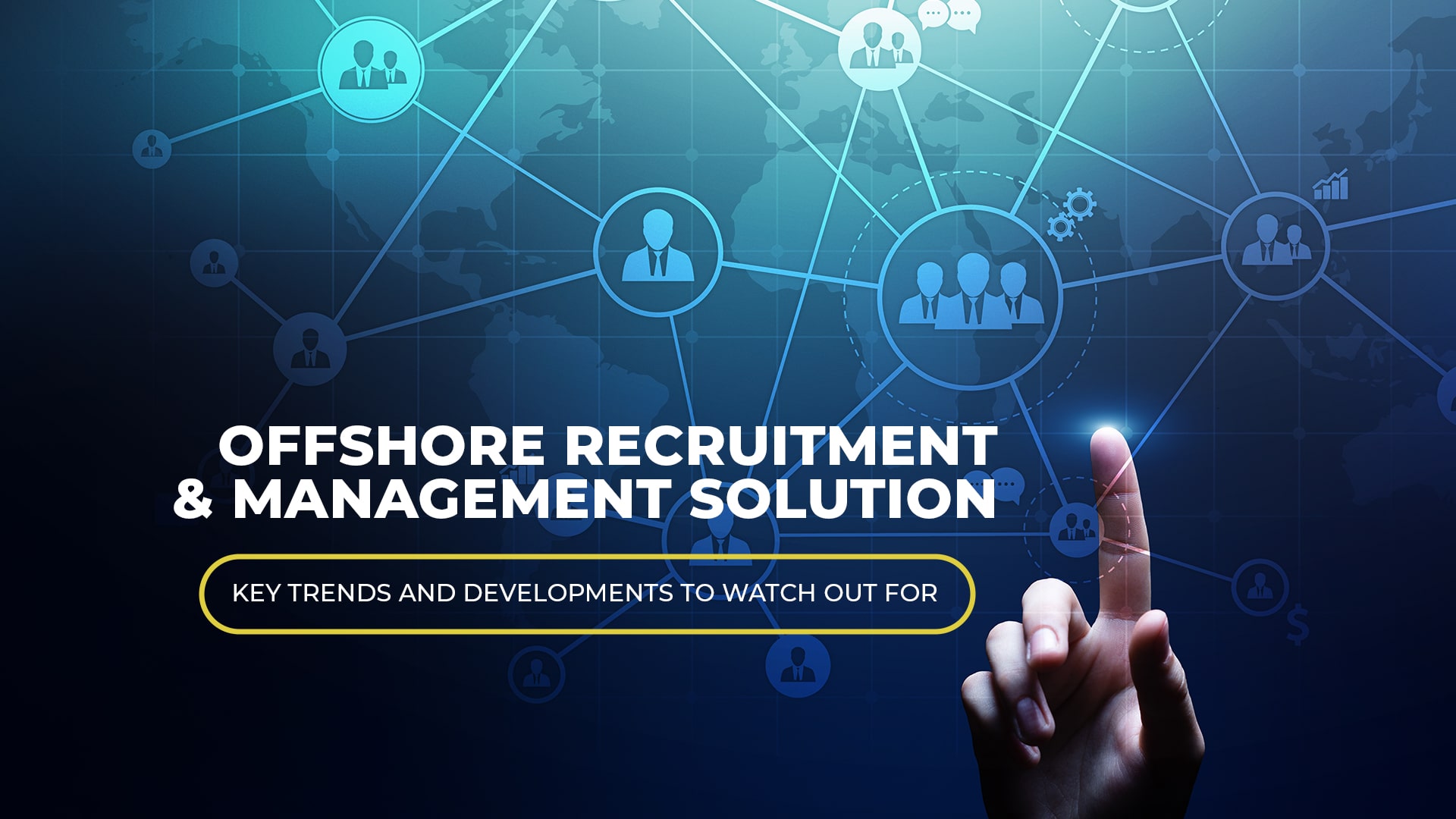Prior to a decade ago, the human resources (HR) department was primarily responsible for keeping records, monitoring compliance with laws, and determining wages, compensation packages, and other benefits. Since the emergence of a spectrum of technologies over the past 10-12 years that have automated much of the work traditionally handled by HR professionals, HR departments today are very different from those that existed a decade ago. It can be easy to overlook the catalysts of this HR revolution and its positive impacts on businesses and employees since the change was so rapid. In this article, we will highlight the trends that have had the most impact on the history of HR management to explain the growth of HRM in the last decade.
Introduction of self-service HR technologies
Automating payroll and streamlining the onboarding process have been enabled by technological advancements, as have platforms for simplifying the recruitment process and talent management systems that let companies determine whether employees are getting the right training opportunities.
In addition, the introduction of self-service HR technology allows companies to increase headcount without necessarily hiring additional HR personnel. HR personnel is also freed to handle more advanced tasks, like training and development, compliance management, and data analysis.
Changing landscape of social media
Not so long ago, many companies had firm rules and restrictions prohibiting employees from using social media during work hours. Things have changed dramatically in recent years.
Today, most companies encourage employees to share their social media messages on employees accounts to help increase reach, help in recruiting and bring legitimacy to the brand. Businesses realized that employee social media activity needed to be harnessed for their benefit which prompted them to change their social media policies.
Culture at work evolves
During the last decade, the work culture has undergone a significant change. Before this, employers did not emphasize employee retention or measure productivity or overall well-being. However, today most employers prioritize engaging employees to increase productivity or building a solid culture to create long-lasting team bonds.
The emergence of technology makes it very easy to measure employee satisfaction with company culture and whether things are going as they should. Pulse surveys, for example, can tell us if a specific new program or initiative is successful or if it’s overworking and stressing employees.
Furthermore, people management is changing fundamentally in companies to cope with the generational differences, impacting the development of HRM. A typical organization has four or five generations working together, each with its generational personality and expectations that must be acknowledged, appreciated, and managed. Consequently, businesses began changing their HRM strategies to leverage the creativity and experience of their entire workforce.
Changing economic conditions
After the 2008 economic downturn, companies could withdraw concessions from workers with hiring freezes, pay freezes, and widespread layoffs, often lowering salaries and benefits. Due to the difficulties in the job market, employees had no choice but to accept the situation.
On the other hand, an expanding economy often brings new opportunities for career advancement. With the current economic conditions, many enterprises struggle to find qualified employees. As a result, businesses increase pay and offer a range of benefits to attract and retain staff.
The government’s involvement
Governing bodies today are much more active than they were a decade ago. Federal, state, and local regulations continue to grow, creating new compliance concerns for companies. Any time a new law impacts pay, health coverage, sexual harassment policy, or safety, the HR department must respond and ensure their companies remain in compliance or risk penalties, disruptions, and bad publicity.
Emerging HR trends to look for
Companies are trying to adopt emerging technologies as soon as possible, whether it’s because of sudden world events, changing employee needs, or simply using new technology before their competitors do to gain a competitive edge.
Work from home is here to stay. However, HR managers are not fully ready to hire remote workers. Despite similarities in process and steps, many tools and methods are used to determine if a person on the other side of the world is the right fit for the workplace culture. To ensure teams are productive, engaged, and happy, HR further needs to leverage or develop tools for employee performance management to help them manage goals and gain a holistic overview of the team’s performance.
Secondly, HR decisions in the future will mostly be data-driven. The future of the workplace and your HR practices revolves around a plethora of other vital aspects, including employee capabilities, employee churn rate, team culture, leadership, etc. Leveraging data is the only way for companies to improve everything from hiring to health and safety to team performance.
HR is constantly changing and adapting and will continue to do so in the coming years. In a nutshell, the bottom line is businesses that embrace these modern HR trends will have happier workforces and satisfied customers.
Would you like to know how the human quotient has helped the HR profession evolve over the years? Watch this space to read more.









